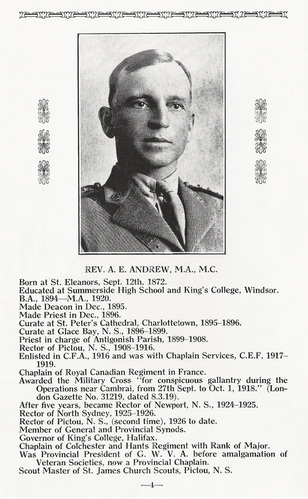 From a booklet on the clerics and history of
From a booklet on the clerics and history of "St. John’s Anglican Church, St. Eleanor’s, P.E.I., Canada",
published by Irwin Printing Co. Limited, Charlottetown, P.E.I., undated
Albert, the oldest son of William ANDREW and Harriet Washbourne COMPTON, was born 12 Sep 1872 in St Eleanors, PEI, Canada. His baby brother Harry ANDREW was my maternal grandfather. Albert knew his calling at a young age, as by 1891 he was already a divinity student. He attended high school in Summerside PEI, then King’s College in Windsor NS, receiving his BA degree 1894. Albert taught at St Peter’s boys School in Charlottetown before ordination. He was ordained Deacon in December 1895 at St Lukes Cathedral in Halifax, and served as curate of St Peters Cathedral in Charlottetown in 1895 and 1896. Late in 1896 he was ordained Priest and served in Glace Bay Nova Scotia (1896-1899), then Antigonish and Bayfield (1899-1908).
Albert married Minnie Ethel Sinclair early in 1900 in her home town of Bridgetown Nova Scotia. In 1901 the couple lived in Heatherton, Antigonish NS with her widowed mother Margaret SINCLAIR nee WILLETT (who continued to live with them until at least 1921, if not until her death in 1935). In 1908 Albert's job took them to Pictou NS where by 1911 they already had 5 of their 6 children: Marjorie, Gerald, Geoffrey, Paul and Margaret Elaine. Their youngest son Arthur was born in 1915.
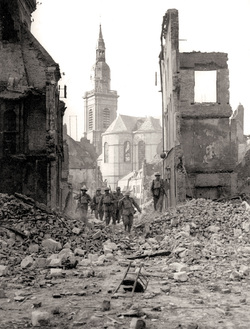 Soldiers pick their way through the ruins at Cambrai, 1918. ARCHIVES OF ONTARIO—C224-0-0-10-37
Soldiers pick their way through the ruins at Cambrai, 1918. ARCHIVES OF ONTARIO—C224-0-0-10-37 I don’t know why he transferred to Chaplain Services, but perhaps he or his superiors saw a greater need for him to support the troops through his religious rather than military training. One unsourced news clipping says that "He enlisted first as a combatant, having failed to secure a chaplaincy, going overseas as lieutenant with 100 men whom he and Lieutenant Gunn recruited for the ammunition column. He transferred overseas to the chaplain service of the Royal Canadians, and was closely associated with the men in the trenches." So perhaps it was his original intent. But his military training still proved very useful because in September 1918, when the Canadian Regiment was hard hit on the front lines near Cambrai France, he advanced to the front on his own initiative and did what he could to alleviate the situation and save lives until replacements arrived. For his actions near Cambrai, Captain (Rev) Albert Edward ANDREW was awarded the Military Cross on 8 Dec 1918.
In the last days of 1918 Albert became sick with bronchitis, and on 3 Jan 1919 he was evacuated from France and hospitalized for a time in London. He recovered and ended the war in England, sailing back to Canada on 12 Apr 1919, and demobilizing on 23 Apr 1919.
News of his Military Cross award reached local PEI newspapers after an RCR soldier, who fought in this second battle at Cambrai, sent a letter home to his mother (as quoted in the Island Patriot 19 Feb 1919, pg 2, col 1-2):
A Brief Commentary on The Military Cross awarded to Lt. Col. A. E. Andrew, MA, MC, ED.”
The following Brief Commentary is made by me from facts partly given by my Brother-in-law, Col. ANDREW, as well as from other Officers whom I have met, as follows:-
At the Battle of Cambrai the Royal Canadian Regiment came under very heavy fire from the enemy. As a result, all the regimental officers and most of the N.C.Os were either killed or wounded, and put out of action.
Hon. Captain (as he was then) A. E. ANDREW was in the support lines, when he met three of the R.CR. retreating back from the front line, badly wounded. These men told Captain ANDREW of the state of affairs in the front line, with the result that Capt. ANDREW at once went forward to see what he could do to help matters. As a Chaplain, he was expected to remain out of range in the reserves, but that was NOT his nature. On his arrival at the Front Line, he found things as described. At once he began to organise bearer parties, who carried out the wounded and brought in ammunition and supplies. And for FORTY hours, Capt. ANDREW remained on the field, directing operations, ministering to the wounded, burying the dead, as well as directing the fire and maintaining the morale of his Regiment, the R. C. R. At the end of FORTY hours selfless Devotion to Duty, help arrived to assist Captain ANDREW and he and the regiment were relieved and sent back to the reserve lines for necessary rest and reinforcements. And Capt. ANDREW, having acted without orders and not being a combatant officer, was recommended for ONLY the Military Cross. When in the opinion of many military men whom I have met, the exploit just mentioned deserved a much higher award, even the VICTORIA CROSS.
The following is another personal account, this time written by his brother-in-law Major Frederick F May in 1944, about Albert's bravery and subsequent medal during the first war:
Rev. Albert Edward Andrew, Can. Chaplains Serv., attd. R. Can. R., Nova Scotia R.
"For conspicuous gallantry during the operations near Cambrai, from 27th September to 1st October, 1918. For forty hours, without any interval for rest, he made repeated trips into No Man's Land, often in the face of heavy machine-gun fire, bringing back into our lines wounded. On several occasions he organised and guided stretcher parties to a dressing station through heavy shell fire. Throughout he displayed fine devotion to duty."
After the war Albert decided to further his education, and earned his MA degree in 1920. Returning to cleric duties, he became rector in turn in Newport NS, North Sidney NS, and again in St James parish, Pictou NS in 1926. In 1932 when Albert was still in Pictou NS, he was invited to preach in his home parish of St John’s in St Eleanors PEI for their 100th anniversary celebrations. The following year in May 1933 Albert was promoted and appointed Canon of All Saints Cathedral in Halifax NS.
Although released from military service in 1919, Albert continued to receive citations for his wartime service. In 1933 he was Chaplain of Colchester and Hants Regiment with rank of Major, as was also a Provincial Chaplain for Nova Scotia. He was awarded the King George V Jubilee Medal in 1935 for Militia Service. In 1936 he received the Canadian Efficiency Decoration as “Hon. Major. A.E. Andrew, M.C., C.C.S.”.
Rev. Canon Andrew has presented St John’s Church in his native parish a very beautiful portable silver communion service, which was used by the Canon on active service in the last Great War. The following inscription is engraved in silver on the case of the service. “The Communion set was presented to the church of St. John, St. Eleanors, P.E.I. as a permanent possession for the use of the Rector. It was carried on the field by Canon A.E. Andrew when Chaplain with the Royal Canadian Regiment during the last hundred days of the Great War 1914-1915 [sic].”
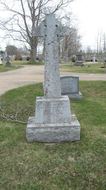 Andrew family graves.
Andrew family graves. Canon Andrew died suddenly on 7 June 1961 while working in the garden of his home "Twelvetrees" at Curry's Corner, just outside Windsor, Nova Scotia. He was 88 years of age. Albert and his wife Ethel were buried in Maplewood Cemetery, Windsor Nova Scotia, along with their 2 daughters and sons-in-law, and next to their son Gerald.
REFERENCES and FURTHER READING
Island Newspapers - search PEI newspaper online
"Old St John’s & The Village of St. Eleanor’s Prince Edward Island” by Robert Critchlow Tuck, 1967 - digital book online courtesy of Island Lives site - see image 16 for reference to Canon Albert E. Andrew
Library and Archives Canada - digitized WWI records
The Royal Canadian Regiment and The First World War - 1914-1919 - Regimental Rogue site
RCR Military cross (MC) Recipients - list, medal image and description. Includes Rev. Albert Edward ANDREW
The First World War - a multimedia history
Second Battle of Cambrai (1918) - wikipedia
CEF Book summaries, including one on the 2nd Battle of Cambrai (1918) - King and Empire site, also battlefields.ca
Researching a Canadian Soldier of World War I - a how-to and resource book in pdf format, from gooselane.com
Reference the No Story Too Small blog by genealogist Amy Johnson Crow for more details.
It is giving me the much needed incentive to write and publish my family stories.
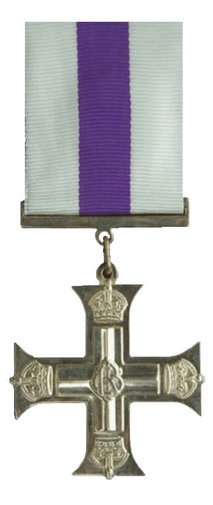
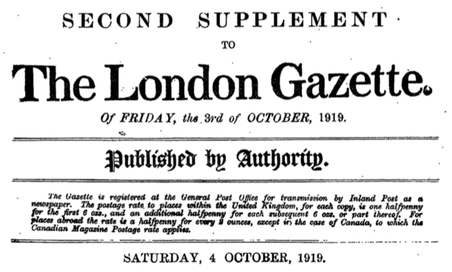
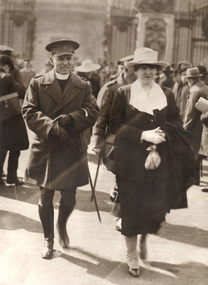
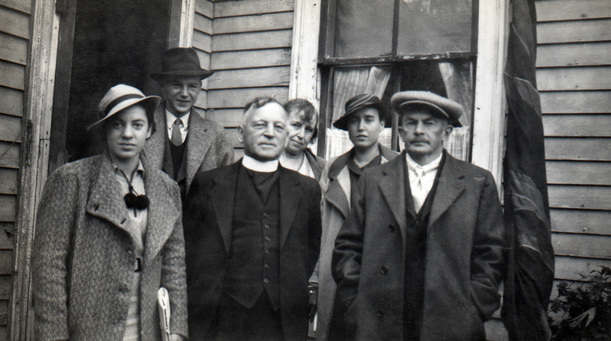
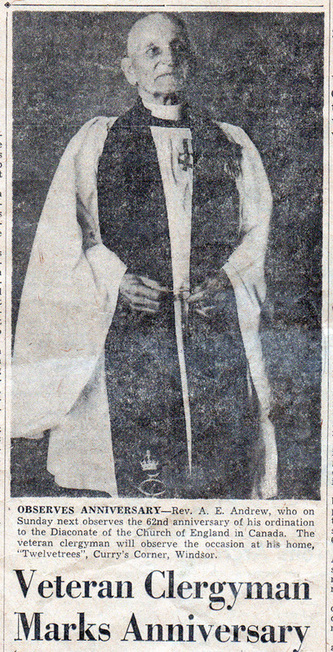
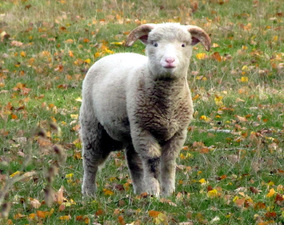
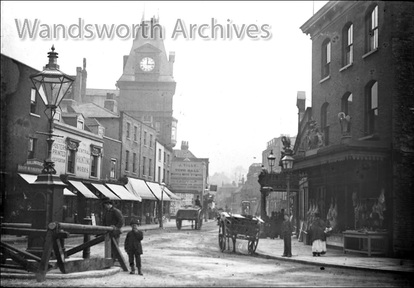
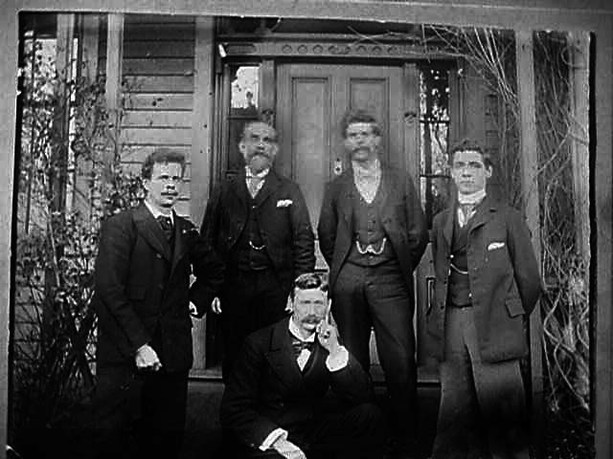
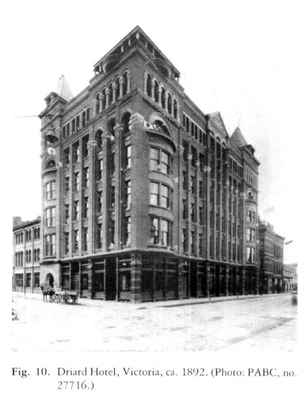
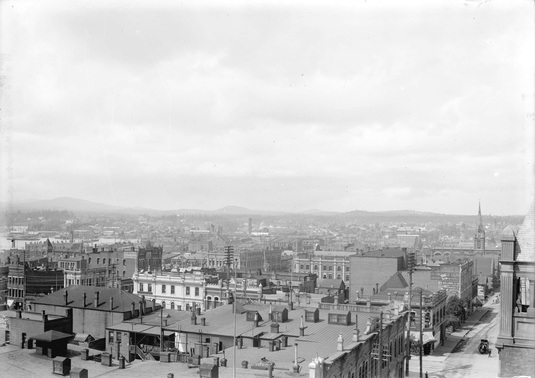
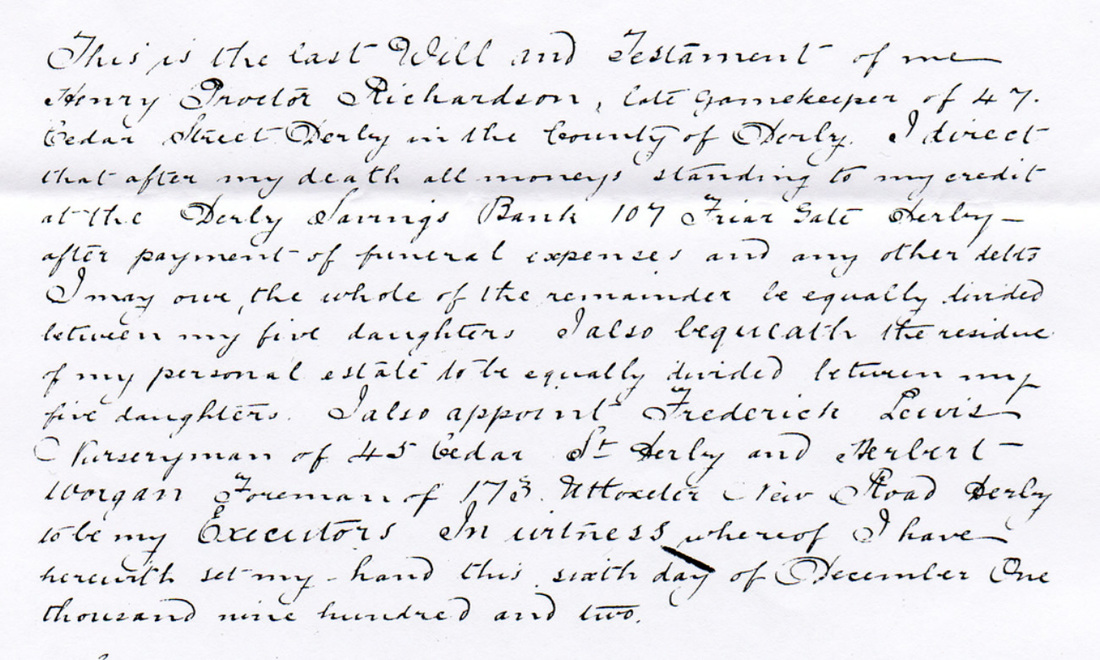
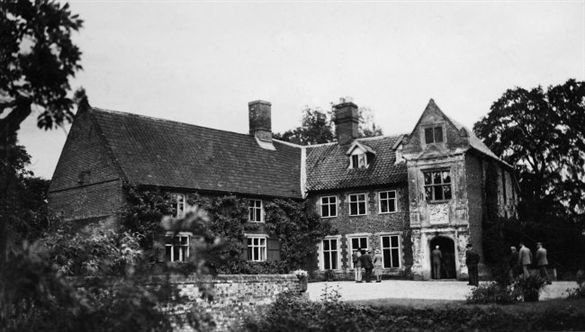
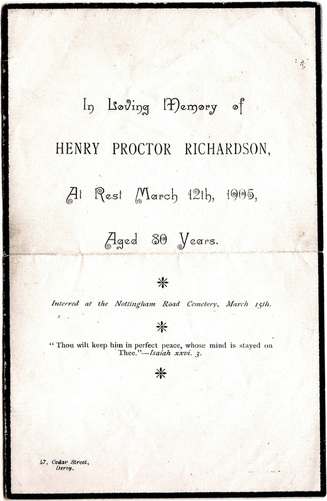
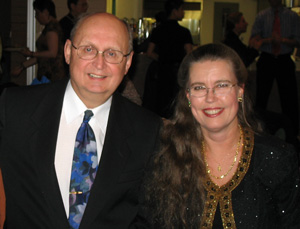

 RSS Feed
RSS Feed
